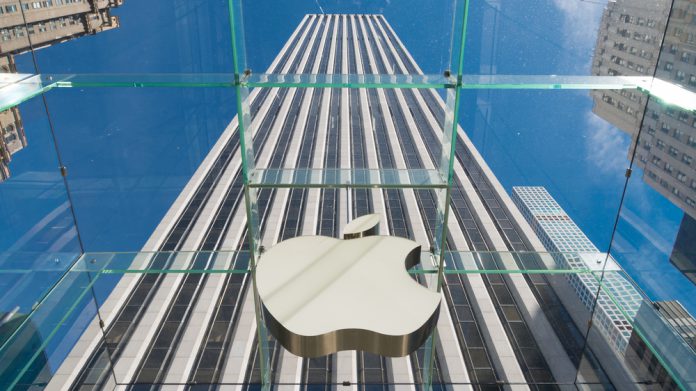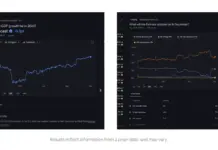Google and Apple have become embroiled in the legal headlines surrounding sweepstake casinos after it was revealed that they were included in a class action lawsuit in New Jersey.
The case has been put forward by New Jersey resident Julian Bargo, who revealed that he had lost more than $1,000 during play at a range of sweepstakes casinos.
Bargo brought forward Racketeer Influenced and Corrupt Organisations (RICO) Act charges as part of the case, over enabling the operations of the sweepstakes casinos at the centre of the charge.
High 5 Casino, McLuck, Wow Vegas and CrownCoins Casino are all named as defendants in the case for allegedly offering an illegal gambling site.
Furthermore, the RICO also looks at the payment journey, with it including Apple, Apple Pay, Google and Google Pay.
Bargo alleges that sweepstakes casinos act without regulation or oversight and have “succeeded in misleading regulators about the true nature of their operations for far too long”.
Including Google and Apple in the case, Bargo cited that both stores benefit from a cut from profits of apps housed in their stores, including these social casinos.
Furthermore, at the centre of the claim is also the importance and prevalence of promotions that are “misleading and intended to deceive patrons into believing these sites are free to play”, according to the allegations.
It comes following a backdrop of regulators, such as those of Michigan and Ohio, that have taken a hard stance on social casinos and other forms of unregulated gambling and sent several effective cease and desist letters to sweepstakes operators like those named in the suit.
In his claim, Bargo did acknowledge that the issue has sidelined several class action lawsuits against sweeps operators–binding arbitration.
Recent comments from the American Gaming Association (AGA) urged the need for more regulation of sweepstake casinos, emphasising that their rise could lead to significant risks for the sector.
The body drew attention to the fact that sweepstake casinos are incredibly similar to that of regular casinos. However, in most circumstances these firms operate under a far less intense regulatory environment.
According to AGA, sweepstakes avoid regulations and licensing through a dual-currency system, however they do still ‘look and play like an online casino’. It warned that ‘the ‘opaque nature’ could also significantly elevate the risk of bad actors having an opportunity for illegal activity.
AGA stated: “The lack of regulatory oversight presents many risks for consumers as well as the integrity and economic benefits of the legal gaming market through investment and tax contributions. These sweepstakes-based operators have weak (if any) responsible gaming protocols and few, if any, self-exclusion processes.”











